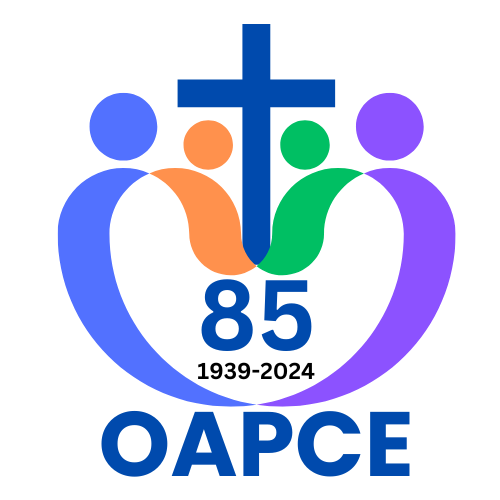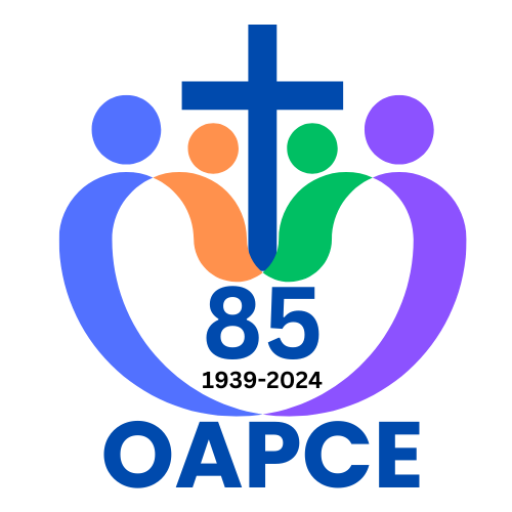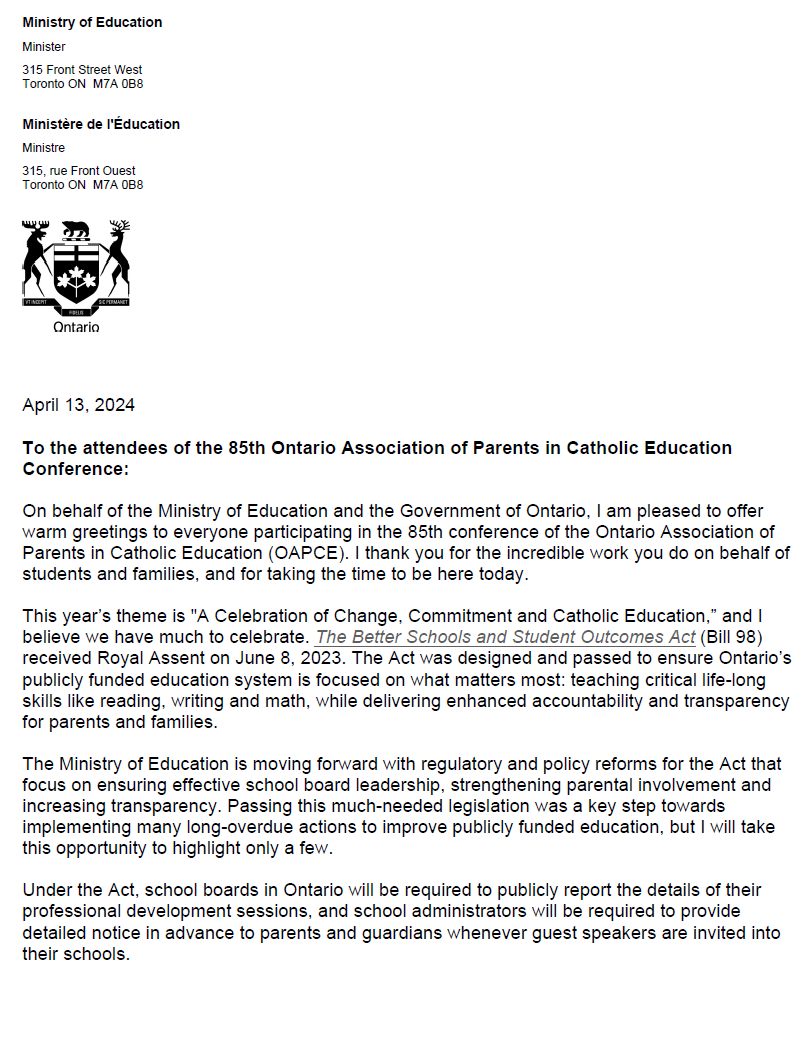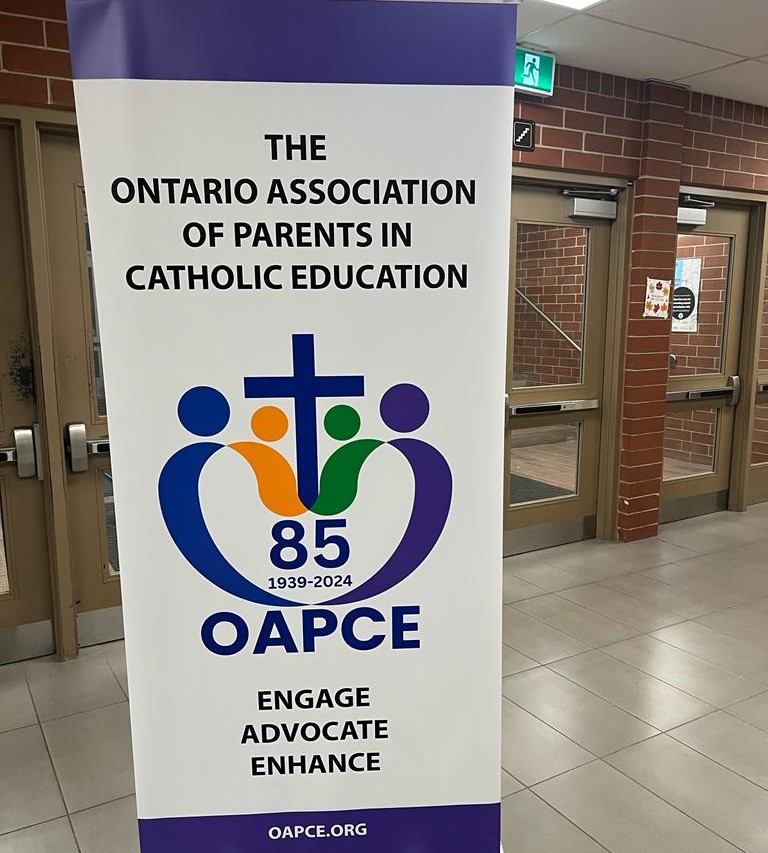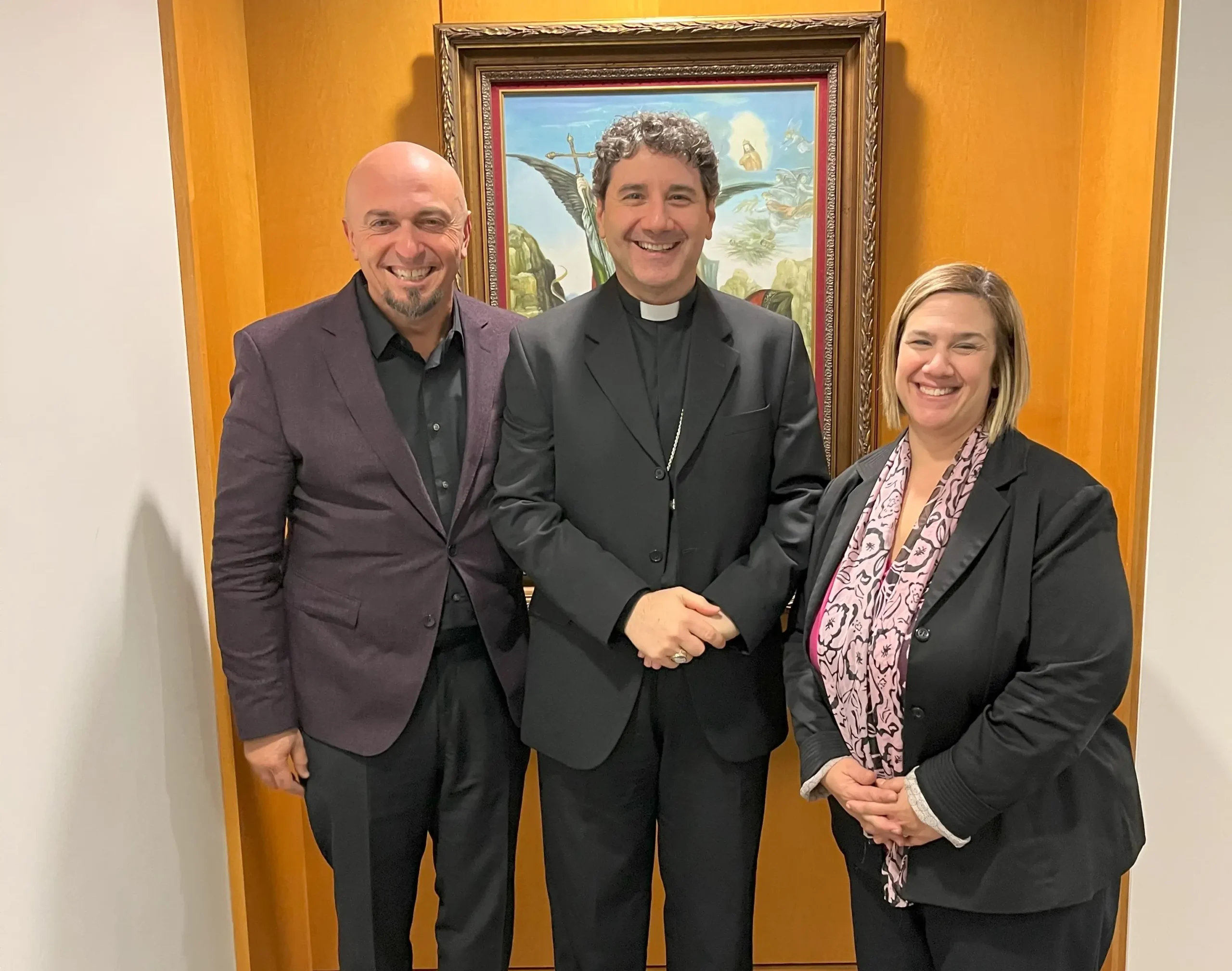OAPCE Statement
Ontario Association of Parents in Catholic Education Statement on Ministry of Education’s “Ontario Strengthening Restrictions on Cell Phones and Vape Devices in Schools”. April 27, 2024, Toronto, ON.As Parents we know that our children are the future, and their future begins in school. Currently there are many distractions taking place all around them outside and […]

